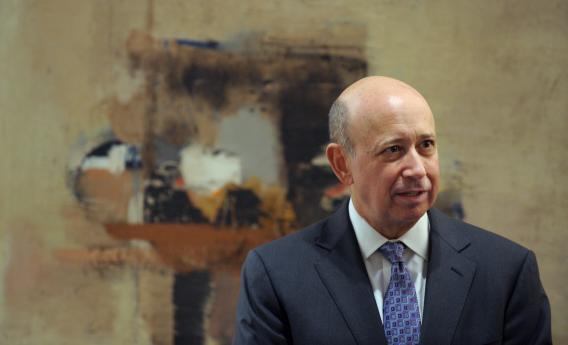Word on the street today from Federal Reserve governor Donald Tarullo is that the Fed is going to impose tougher capital requirements on the eight largest banks in the United States—6 percent rather than the 3 percent required by the international Basel 3 agreement.
That’s still too low for my taste, but certainly a step in the right direction. And naturally it has the bank lobby howling:
The measures outlined by Tarullo could be costly, said William Sweet, a former Fed lawyer and a partner at Skadden, Arps, Slate, Meagher & Flom LLP in Washington. “Any change of the leverage would be so far outside what Basel III proposed that it would be a dramatic impact,” Sweet said, with U.S. banks at a “distinct disadvantage” when competing head-to-head against lenders based in other nations and governed by the weaker global standard.
It’s important to be clear about what “costly” means in this context. Normal businesses simply can’t finance themselves with 3 percent capital and 97 percent debt. The interest rates would get exorbitant. The ability of banks to profitably finance themselves with that much debt reflects the availability of direct and indirect guarantees of bank debt, from the FDIC coverage ofy your checking account up to TARP and beyond. It is true that it will be costly to American banks to need to compete with European banks that are receiving a higher level of subsidy. But that’s not the same as saying it’s costly to the American people. American citizens will actually be the indirect beneficiaries of European governments’ largess.
The question then becomes whether the United States has a kind of strategic interest in building up high finance as a global export industry. For much of the 1990s and 2000s era, I think that was the implicit goal of American financial regulation policy. But in retrospect, it didn’t turn out so well for us and the countries that were even more deeply invested in that model (think: UK, Ireland, Iceland) are doing even worse. I say it’s time to turn away from that path, and what Tarullo is talking about is a sensible step.
